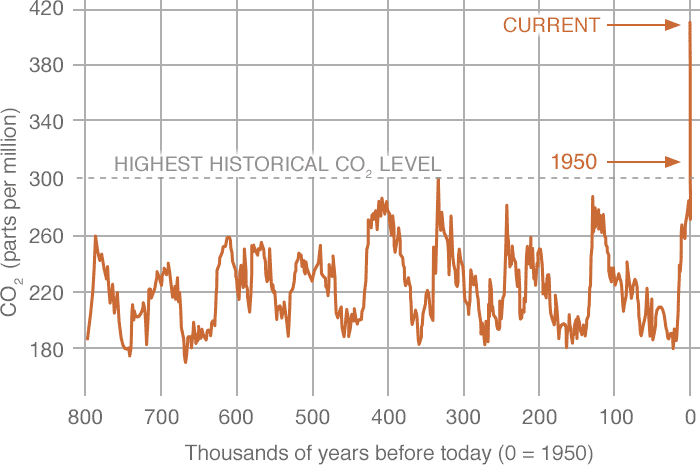News & Articles
Browse all content by date.

On March 31, 1950, Hot Springs, a small city in New Mexico, accepted a challenge from Truth or Consequences – a national radio and television show – to change its legal name to the name of the show.
On this show, contestants were asked questions and if they didn’t have the correct answer, the consequence was performing embarrassing stunts.
While reading about the city’s history and its national notoriety from making that name change, I began thinking of all the cities in the U.S. and around the world, and wondered if they’re considering the truth or consequences of addressing or not addressing climate change.
Even began imagining what embarrassing stunts these cities will have to perform if they don’t have the right answers to addressing climate change.
Are cities acknowledging and accepting the truth about climate change?
Do cities consider the facts about climate change when planning and implementing their public projects and programs?
Have cities thought about the consequences of not addressing climate change?
In his book Total Freedom, Jiddu Krishnamurti wrote, “...just listen to the fact, let the truth of the fact operate…”
He talked about how all of our actions that come from the truth can help us create a new society, a new culture.
For those of us who live in Duluth, are we listening to the facts about climate change? Are we letting the truth about climate change guide how we operate each day? And do we understand how severe the consequences could be if we don’t acknowledge and address the facts and truth about climate change?
Here are some facts that we heard about in the past several weeks.
• Onslow, a coastal town in Western Australia, recorded a high temperature of 123.3 degrees Fahrenheit, tying it for the highest record in the Southern Hemisphere. The nearby towns of Raebourne and Mardie both recorded temperatures of 122.9
• The world’s oceans reached their hottest levels on record in 2021.
• Cities and towns in Argentina have posted their highest temperatures since records began, with some areas heading up to 113 degrees Fahrenheit.
• U.S. greenhouse gas emissions in 2021 rose by 6.2% over 2020.
• The fires in Colorado caused $513 million in damage and destroyed nearly 1,100 homes and structures.
• High tides in Port Townsend, Seattle and Tacoma were nearly two feet higher than forecasted.
• On Jan. 13, 2022, the CO2 level was 418.93 rpm. That’s 2 ppm higher than December of last year and 4 ppm higher than a year ago.
These are climate facts. This is the climate truth. It’s the climate reality for today.
So, how do we respond to these facts?
Are we able to just stop for a moment and think about what these climate events are trying to tell us? Can we examine the “truth of the matter” and explore how these climate facts can inform our own decisions and choices?
Psychoanalyst Erich Fromm, in his book To Have Or To Be, talks about how many of our decisions in life are based on false information, biases, rationalizations or prejudices. When you look at the global and national debates about climate change, you can see how many individuals and organizations are using their biases, rationalizations, prejudices and false information to deny climate change or distract us from addressing it. You can even see this happening in our own city and state.
Looking at Duluth’s response to climate change in the past 10 years, I’m very concerned. While there are individuals around the city trying to get all of us to pay more attention to what’s happening, the collective response has often been too little and too late.
For many of our city’s leaders and maybe a majority of the greater community, the facts about climate change haven’t made much or any difference in how they lead their daily lives.
How can we assimilate the facts about climate change into all of our decisions about Duluth’s future?
What will it take for many of us to become more responsive and therefore responsible to our children, grandchildren and future generations?
Do we understand that the city has about five years to respond to what many scientists are calling the climate emergency or climate disruption?
| Tweet |


